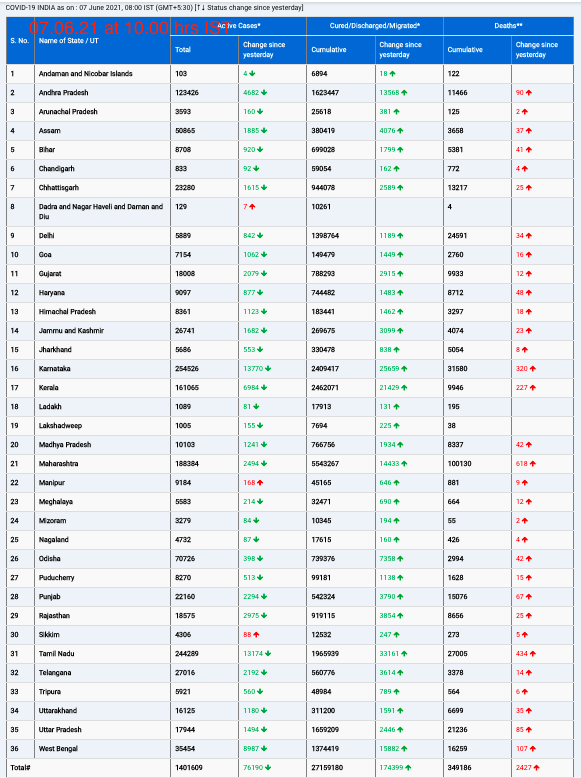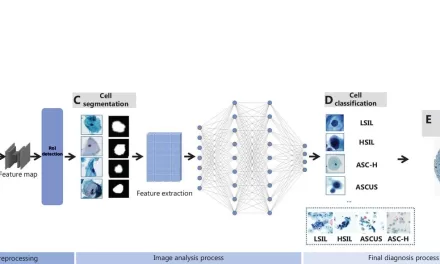February 16, 2024
Tripura Chief Minister Manik Saha inaugurated the Mukhya Mantri Jan Arogya Yojana (MMJAY) on Thursday, introducing a universal health insurance scheme aimed at providing cashless medical treatment of up to Rs 5 lakh per family per year. With an anticipated benefit for 4.15 lakh families in the state, the MMJAY aligns with the central government’s Ayushman Bharat Pradhanmantri Jan Arogya Yojana, extending coverage to those not covered under PMJAY, including government employees.
The Chief Minister emphasized the necessity of such a scheme, noting that many individuals seek financial assistance for medical expenses, particularly those not covered under PMJAY. He expressed hope that the MMJAY would offer relief to those in need, ensuring cashless medical treatment for families facing financial burdens due to healthcare costs.
Under the MMJAY, families will receive free medicines for 15 days post-discharge from government or private hospitals, streamlining the process and alleviating financial strain on patients. Basant Garg, additional chief executive officer of the National Health Authority, commended Tripura for pioneering universal health insurance coverage in the northeastern region.
Chief Secretary J.K. Sinha hailed the rollout of MMJAY as a historic and courageous step towards ensuring the welfare of the state’s residents. He emphasized the scheme’s commitment to providing health insurance benefits to all families, furthering the government’s efforts to improve healthcare accessibility and affordability.
The MMJAY was announced in the 2023-24 state budget by Finance Minister Pranajit Singha Roy, with an allocation of Rs 59 crore. The scheme is expected to require Rs 100 crore in subsequent fiscal years, demonstrating the government’s long-term commitment to enhancing healthcare services and providing financial security to its citizens.
The launch of the Mukhya Mantri Jan Arogya Yojana marks a significant milestone in Tripura’s efforts to prioritize healthcare and ensure equitable access to medical services for all residents. With the implementation of this universal health insurance scheme, the state aims to strengthen its healthcare infrastructure and promote the well-being of its people, setting a precedent for inclusive healthcare initiatives in the region.










